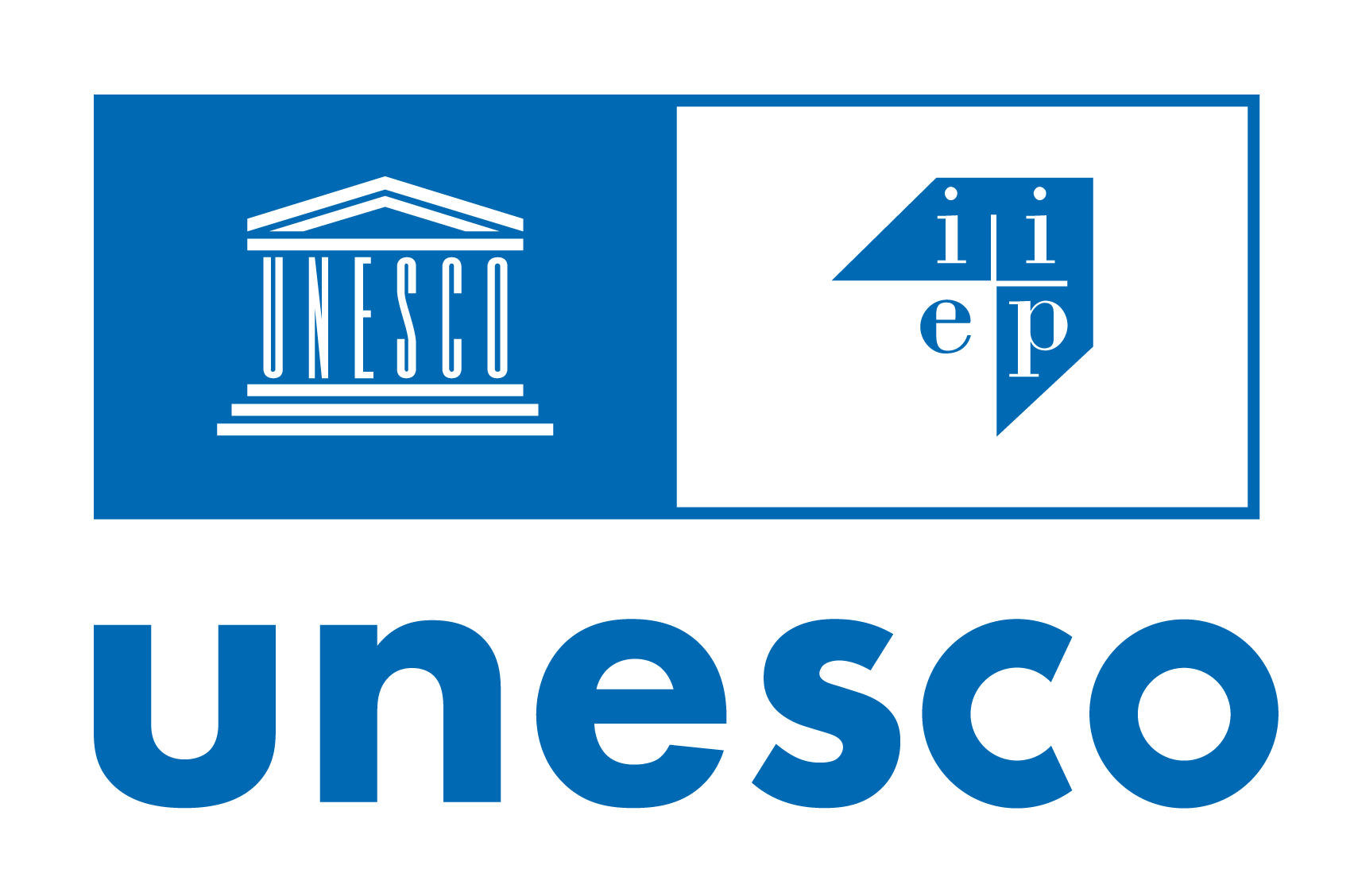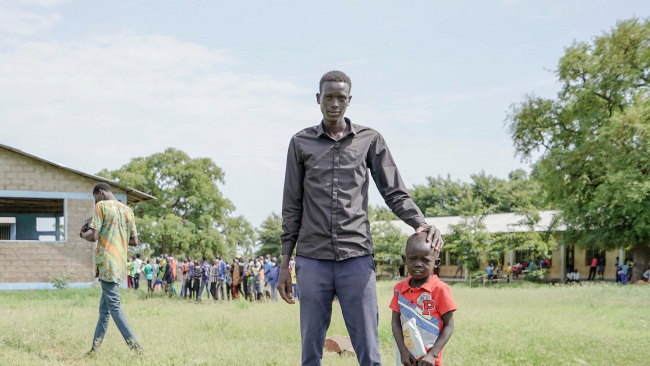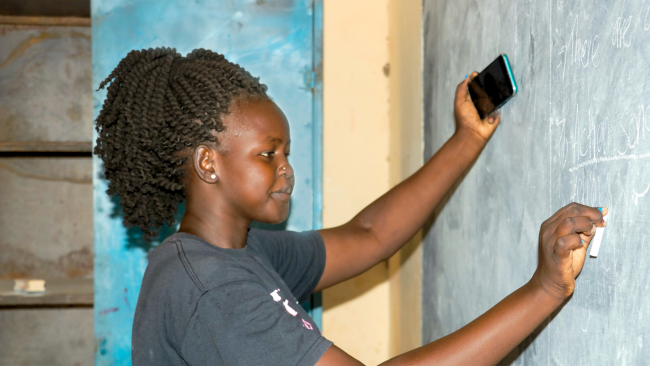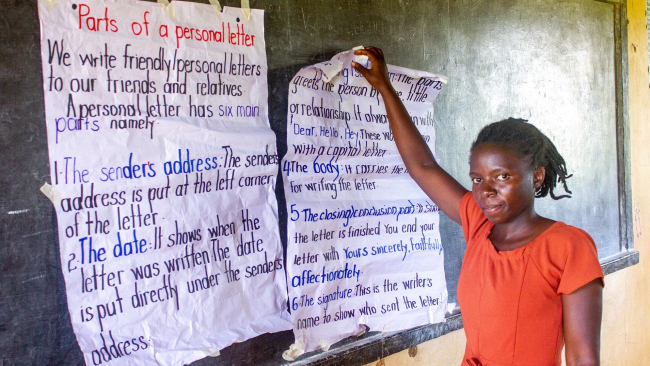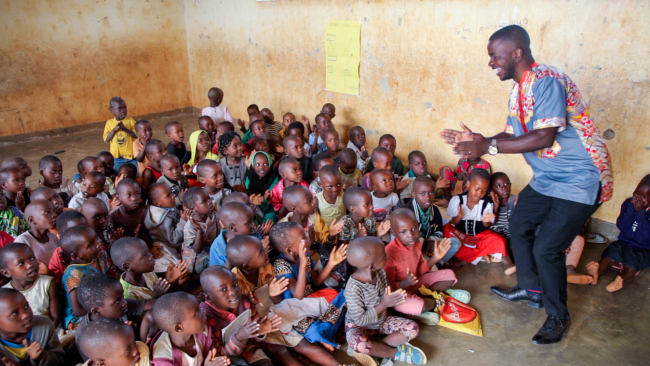Education in South Sudan — some key facts: South Sudan has some of the world’s worst indicators for education. Among the headlines: - There are in excess of 1.3 million primary school age children out of school. South Sudan stands second-to-bottom in the world ranking for net enrolment in primary education - and bottom of the world league table for enrolment in secondary education. - Young girls in South Sudan face extreme disadvantages in education. Girls are less likely to enter school, more likely to drop out, and there are just 400 in the last grade of secondary education. Today, a young girl in South Sudan is three times more likely to die in pregnancy or childbirth than to reach grade 8. - There are acute shortages of trained teachers. The ratio of pupils to qualified teachers averages 100:1, but is double that level in some states. Just 12% of teachers are females, which reinforces gender inequalities. - Textbooks are in short-supply. There is just one English and math book for every four students, which hampers effective learning. - The school infrastructure is in a weak state. Despite a major drive to build new classrooms most children are still learning under tents, in the open air, or in semi-permanent structures. Around one-third of South Sudan’s schools do not have safe drinking water, half are without access to latrines, and there is limited access to health centres. Experience from other post-conflict countries demonstrates that rapid progress in education is possible. In the case of South Sudan, failure to deliver an early peace premium in education as a first step towards the construction of a national system that provides good quality learning opportunities for all will have profoundly damaging consequences for employment, poverty reduction and prospects for building a country that offers shared prosperity, democracy and security for all of its citizens.
Année
2011
Pages
23
Séries
Education for All Global Monitoring Report Policy Paper
Pays
Type de ressource
Langues
